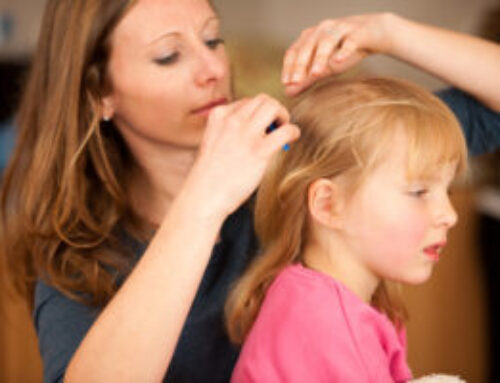 You are ready to take the whole family for a trip to the beach to soak up the sun and fun. However, are you truly prepared? What if suddenly, a jellyfish stings your leg? Or you forgot your sunscreen, and your child is lobster-red? What if the kids get sand in their eye? If you’ve packed the right beach supplies to take with you, the whole family can enjoy a relaxing beach trip and you can put your worries aside. Our providers at Beach Kids Pediatrics want to share some easy to remember beach tips for your summer fun:
You are ready to take the whole family for a trip to the beach to soak up the sun and fun. However, are you truly prepared? What if suddenly, a jellyfish stings your leg? Or you forgot your sunscreen, and your child is lobster-red? What if the kids get sand in their eye? If you’ve packed the right beach supplies to take with you, the whole family can enjoy a relaxing beach trip and you can put your worries aside. Our providers at Beach Kids Pediatrics want to share some easy to remember beach tips for your summer fun:
Jellyfish Stings
Jellyfish stings are certainly no fun, but the pain usually dissipates in a couple of hours. Some first aid tips for jellyfish stings include:
- Remove the stingers/tentacles by rinsing with salt water or gently scraping them off with a driver’s license.
- Rinse the stinging, burning, itchy area with a paste of salt water and baking soda combined.
- To alleviate pain, take a hot shower OR apply ice packs.
- Take an OTC pain reliever you have used before and apply an anti-itch lotion or gel such as calamine or benadryl gel. These are topical analgesics to minimize discomfort.
- Seek medical care right away if you experience trouble breathing/dizziness or have large areas of sting marks. A few jellyfish are poisonous.
Sunburn
When your skin is exposed to the sun for a period of time, eventually it burns, turning red and irritated. Always apply sunblock 30 minutes prior to exposure to maximize skin’s protection and don’t forget to reapply frequently. Try to use a waterproof or “sport” version, which will last longer while playing in the water. Sunburn first aid tips include:
- Get out of the sun if you begin to turn pink. Sunburns can take four to six hours to fully develop, so “a little color” may be too much.
- Hydrate. Drink water and juice (not alcohol; it’s dehydrating).
- Gently apply aloe gel to ease the discomfort.
- Take a cool shower or bath and apply moisturizing lotion.
- If you’ve blistered over 20 percent of your skin, or you feel feverish with chills, see a doctor.
Sand in Your Eye
Wind at the beach is fairly common so it is important to protect your eyes. Wearing protective eyewear like sunglasses usually helps. If a gust of wind blows sand in your eye, remember these first aid tips:
- Wash your hands thoroughly before touching the eyelids to examine or flush the eye.
- Rinse the affected eye repeatedly with saline solution or drinking water, especially if sand is stuck in the corner of your eye.
- If you wear contacts, take them out immediately and do not replace in eye.
- Never rub your eye; you could scratch the cornea, the clear area in the front of the eye.
- Seek medical attention if it still feels scratchy or uncomfortable.
Taking extra precautions at the beach by having specific supplies like vinegar, baking soda, aloe gel and calamine lotion can save the day. Some other beach helpers include:
- Water to stay hydrated
- Any prescribed allergy/asthma medications
- Motion-sickness medication
- Antibiotic ointment
- Hand sanitizer
- Various-sized bandages
- Ice packs
- Water shoes (for rocks and shells)
Pack it all in a waterproof container, and you can guarantee a great day at the beach! For more summer safety information, contact Beach Kids Pediatrics. We are happy to help your family have a safe and healthy summer!





